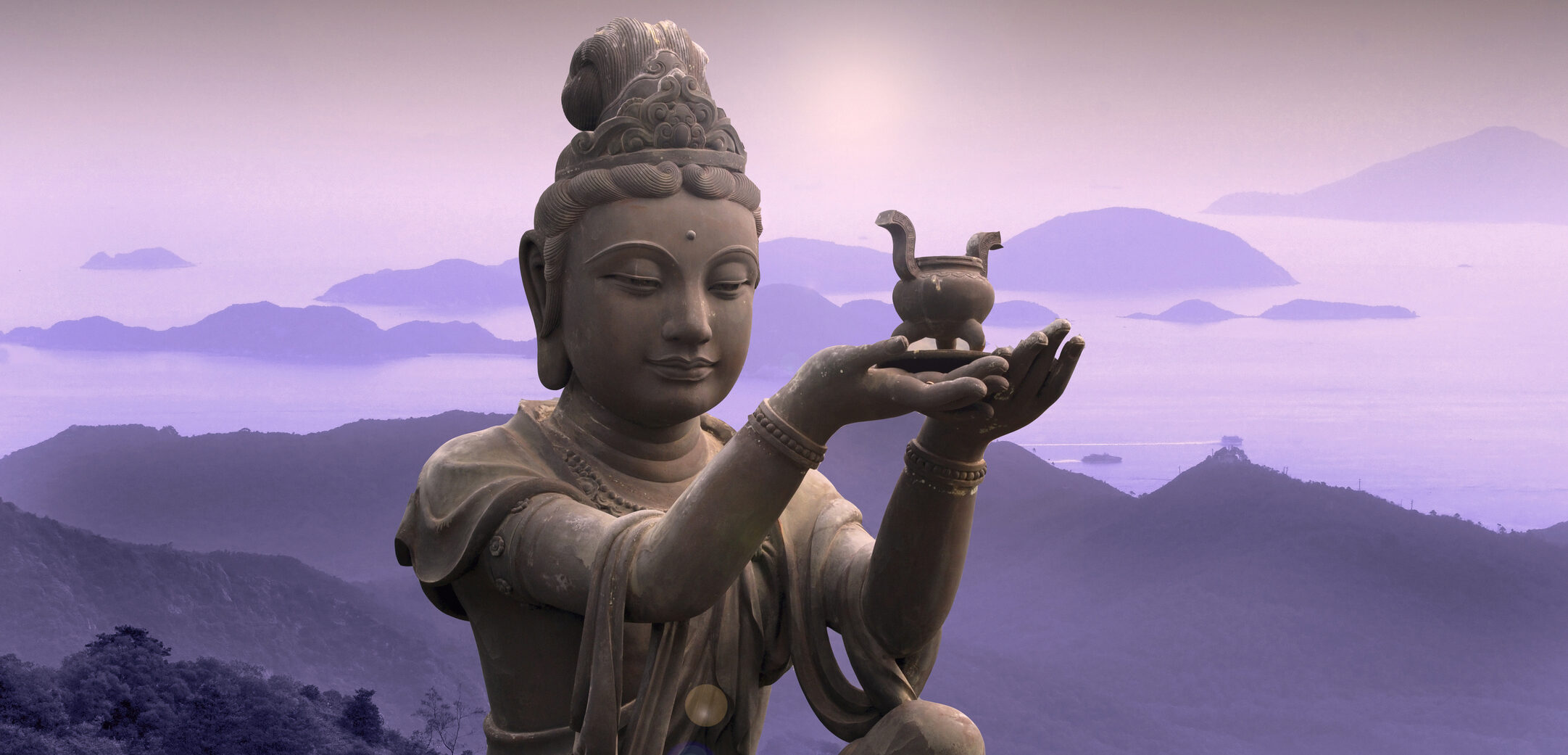Ancient Wisdom & Teachings

What are Ancient Wisdom and Teachings?
Ancient wisdom and teachings refer to the body of knowledge, practices, philosophies, and spiritual insights developed by ancient civilizations over millennia. These teachings have been passed down through generations and are often embedded in the cultural, religious, and social fabrics of various societies
Types of Ancient Wisdom
- Eastern Wisdom: Encompasses the philosophical and spiritual traditions of China and Japan, including Taoism, Confucianism, and Zen Buddhism.
- Vedic Wisdom: Originates from the ancient Indian subcontinent, rooted in the Vedas, and includes practices such as Yoga, Ayurveda, and Hindu philosophy.
- Sikh Wisdom: Based on the teachings of Guru Nanak and the subsequent Sikh Gurus, encapsulated in the Guru Granth Sahib.
- Buddhist Wisdom: Founded on the teachings of Siddhartha Gautama (Buddha), focusing on the path to enlightenment.
- Native American Wisdom: Comprises the spiritual and practical knowledge of various Native American tribes.
- Mesoamerican Wisdom: Encompasses the knowledge and practices of ancient civilizations such as the Maya and Aztecs.
What Ancient Wisdom Brings
- Holistic Health: Integrates physical, emotional, and spiritual well-being.
- Sustainability: Emphasizes living in harmony with nature.
- Community Values: Stresses the importance of community and interconnectedness.
- Spiritual Insights: Provides a deep understanding of the human spirit and consciousness.
- Resilience and Adaptability: Offers practices for coping with life’s challenges.
Differences from Current Wisdom
Ancient wisdom is holistic and integrative, whereas modern wisdom often compartmentalizes knowledge. It derives from long-term observation, spiritual insights, and oral traditions; modern wisdom relies heavily on scientific methods and empirical data. Ancient practices involve rituals and traditional customs; modern applications focus on technology and innovation.
Examples and Relevance Today
Eastern Wisdom
- Taoism: Emphasizes living in harmony with the Tao (the Way), with practices like Tai Chi and Qigong enhancing physical and mental balance.
- Confucianism: Focuses on ethics, family values, and social harmony.
Relevance: Techniques like Tai Chi and Qigong can improve physical health and mental clarity. Confucian principles can guide ethical behavior and strengthen community bonds.
Vedic Wisdom
- Yoga: Combines physical postures, breathing exercises, and meditation for holistic health.
- Ayurveda: A system of medicine focusing on balancing bodily energies (doshas).
Relevance: Yoga promotes physical flexibility and mental peace. Ayurveda offers natural remedies and lifestyle adjustments for maintaining health.
Sikh Wisdom
- Gurbani: The holy scriptures provide spiritual guidance and practical wisdom.
- Langar: Community kitchens embody the principles of selfless service and equality.
Relevance: Sikh teachings on equality and selfless service can inspire social justice initiatives. Practicing meditation (Simran) from Sikh tradition can enhance spiritual well-being.
Buddhist Wisdom
- Four Noble Truths and Eightfold Path: Guide towards alleviating suffering and achieving enlightenment.
- Meditation: Practices like Vipassana enhance mindfulness and emotional regulation.
Relevance: Meditation practices can reduce stress and promote mental clarity. The ethical teachings can guide compassionate living.
Native American Wisdom
- Connection with Nature: Deep respect for nature and all living beings.
- Rituals and Ceremonies: Practices that promote communal harmony and spiritual connection.
Relevance: Emphasizing sustainability and environmental stewardship. Rituals can foster community cohesion and personal introspection.
Mesoamerican Wisdom
- Mayan Calendar: Deep understanding of time cycles and cosmic events.
- Traditional Healing Practices: Use of herbs and rituals for health and well-being.
Relevance: Insights from the Mayan calendar can enhance our understanding of natural cycles. Traditional healing can complement modern medical practices.
Applying Ancient Wisdom Today
Physical Balance
- Yoga and Tai Chi: Regular practice can enhance physical strength, flexibility, and balance.
- Ayurvedic Diet: Following dietary guidelines can improve digestion and overall health.
Emotional Balance
- Meditation: Techniques from Buddhist and Vedic traditions can reduce stress and enhance emotional resilience.
- Community Activities: Participating in community service (Sikh Langar) fosters emotional fulfillment.
Mental Balance
- Mindfulness Practices: Enhance focus and mental clarity.
- Ethical Living: Following principles from Confucianism or the Eightfold Path can lead to a more balanced and fulfilling life.
Bringing Energetic Balance to Humanity
- Integration of Practices: Combining ancient wisdom with modern science to create a holistic approach to health and well-being.
- Education and Awareness: Teaching the principles of ancient wisdom in schools and communities.
- Global Movements: Encouraging practices that promote environmental sustainability and social justice.
By embracing ancient wisdom, we can foster a more balanced, harmonious, and sustainable world.
